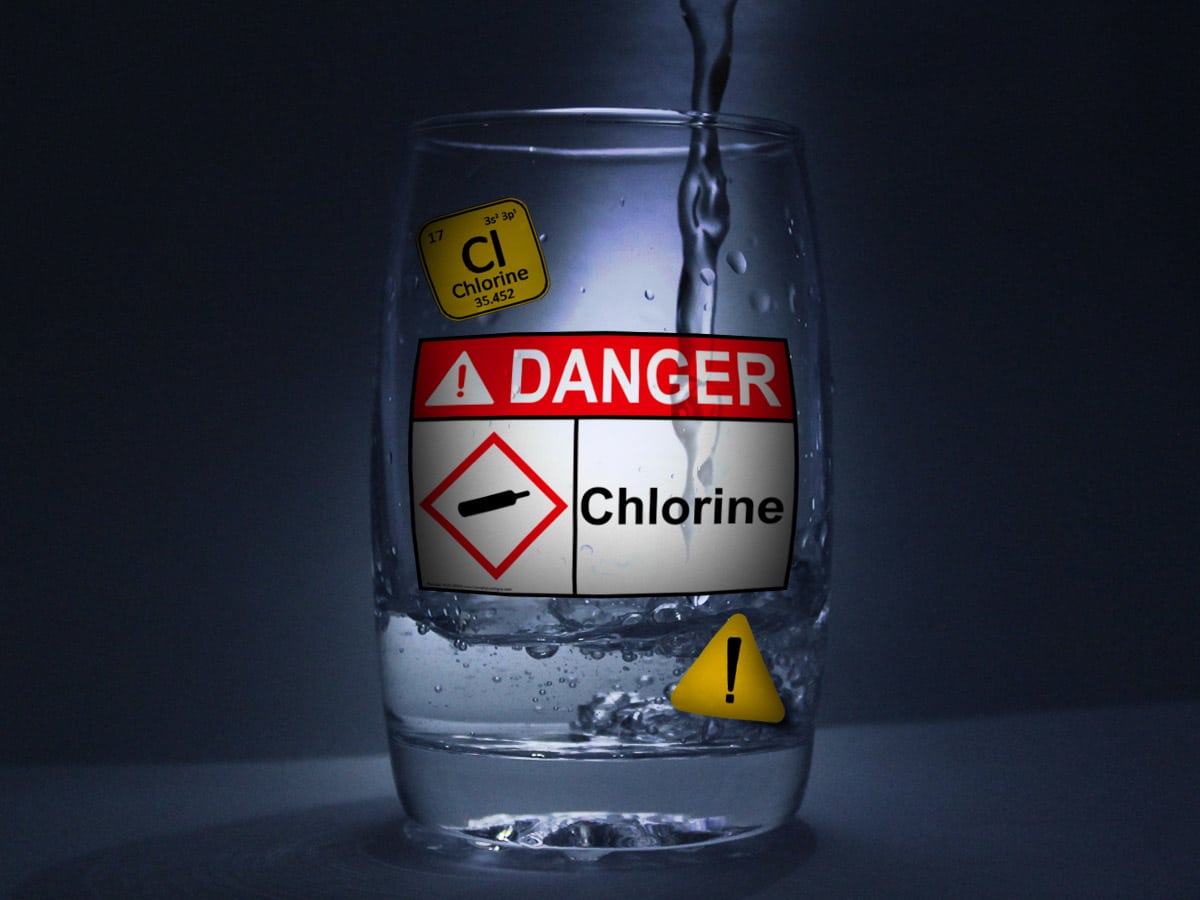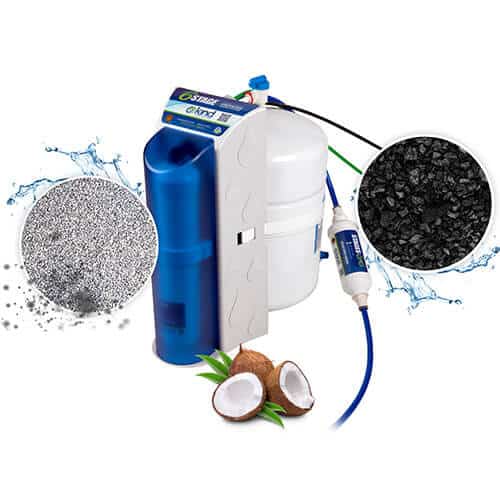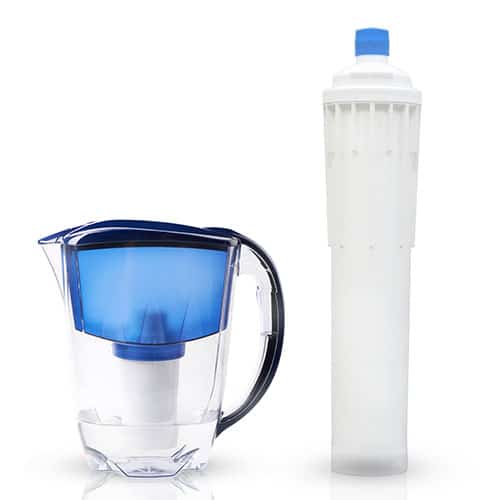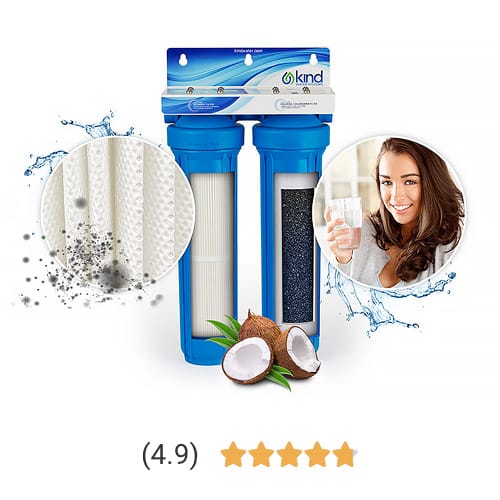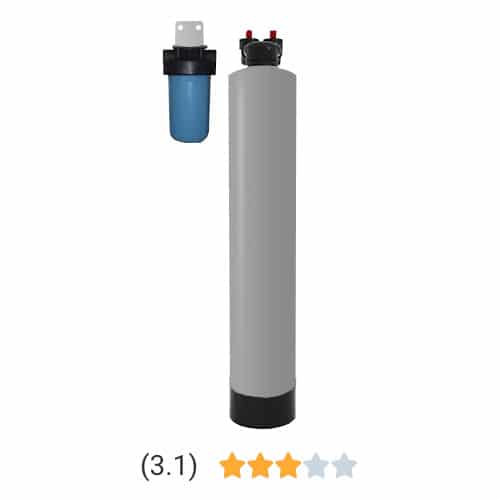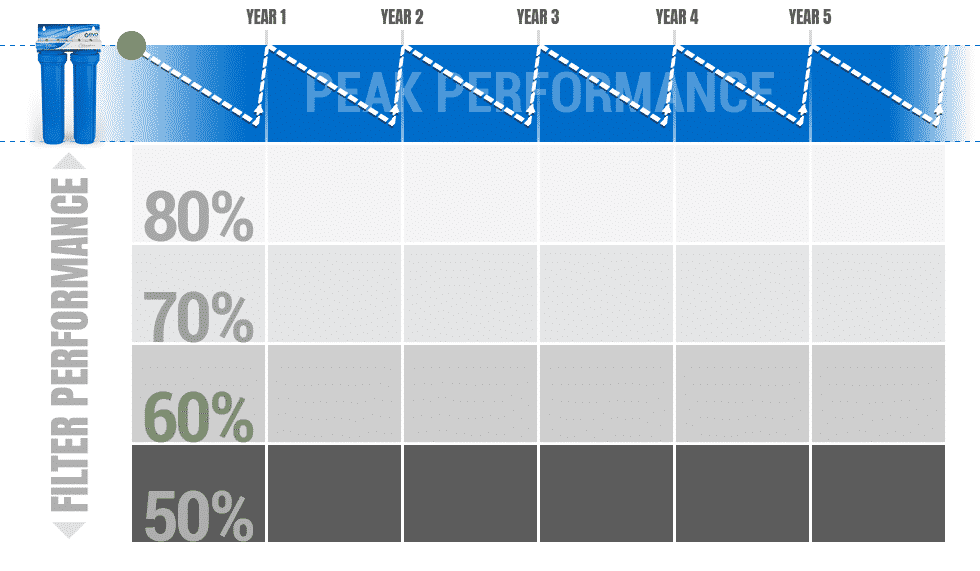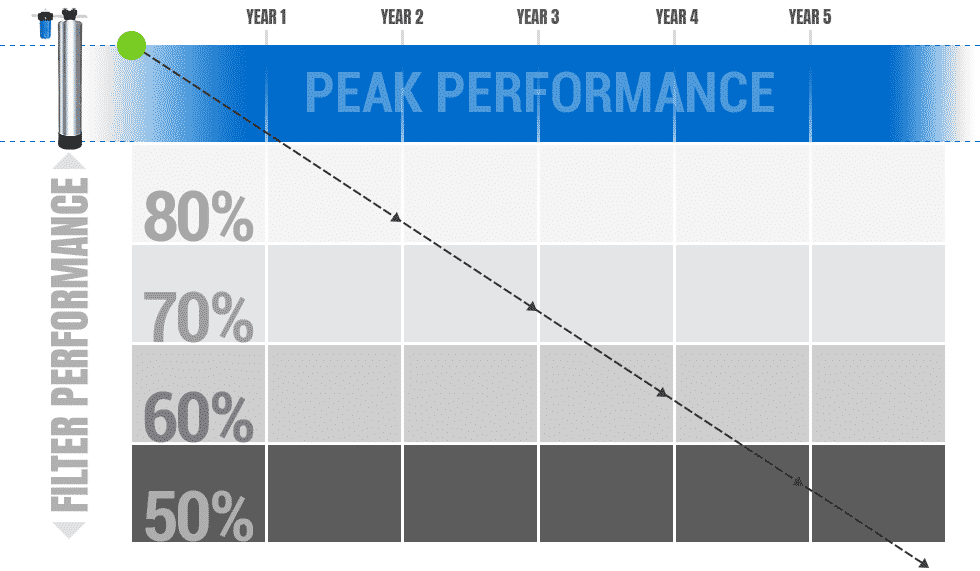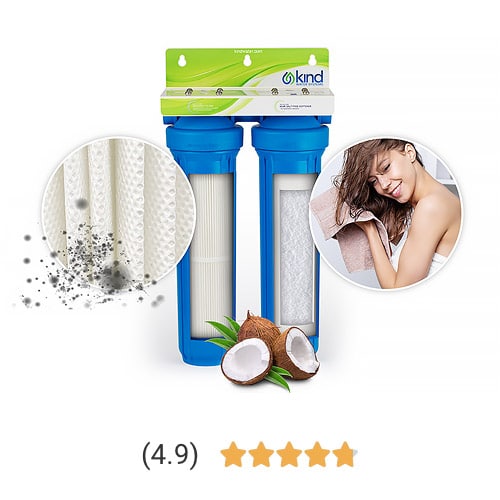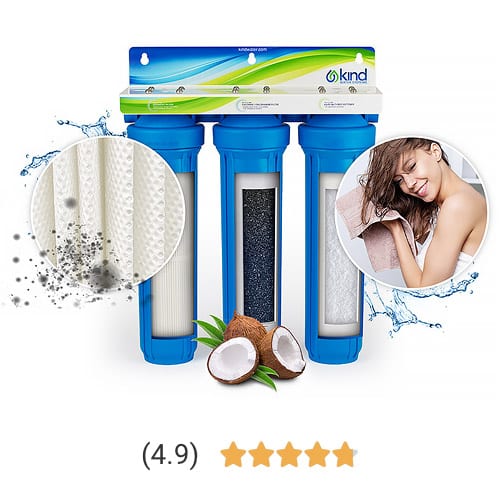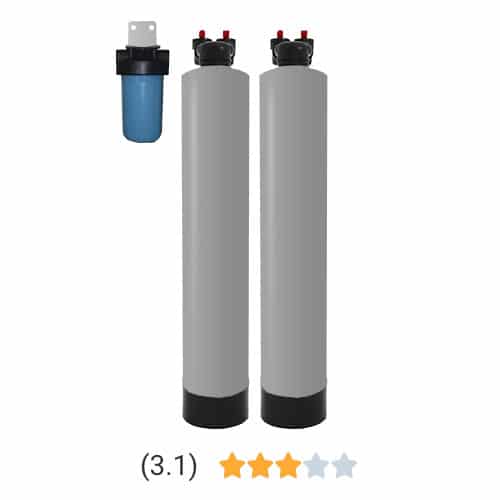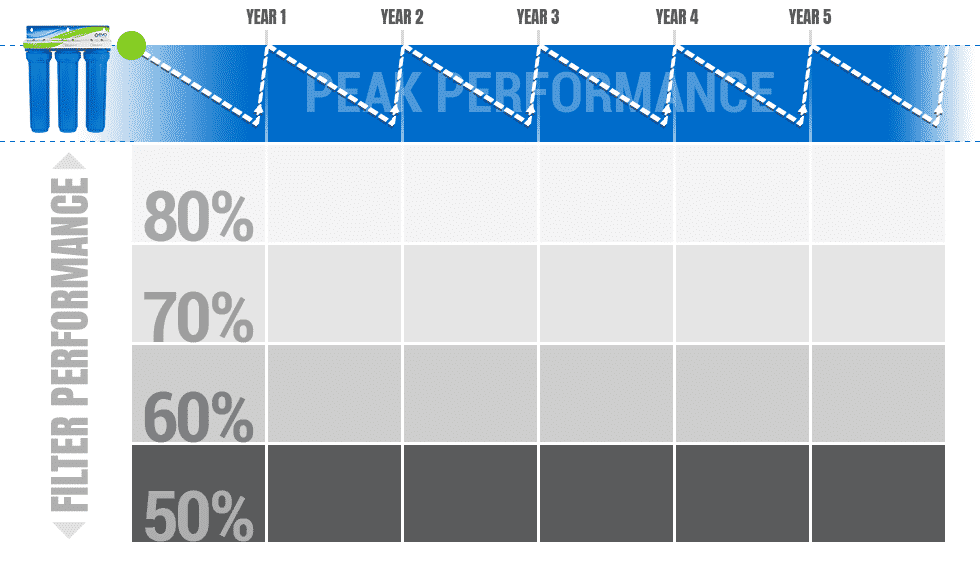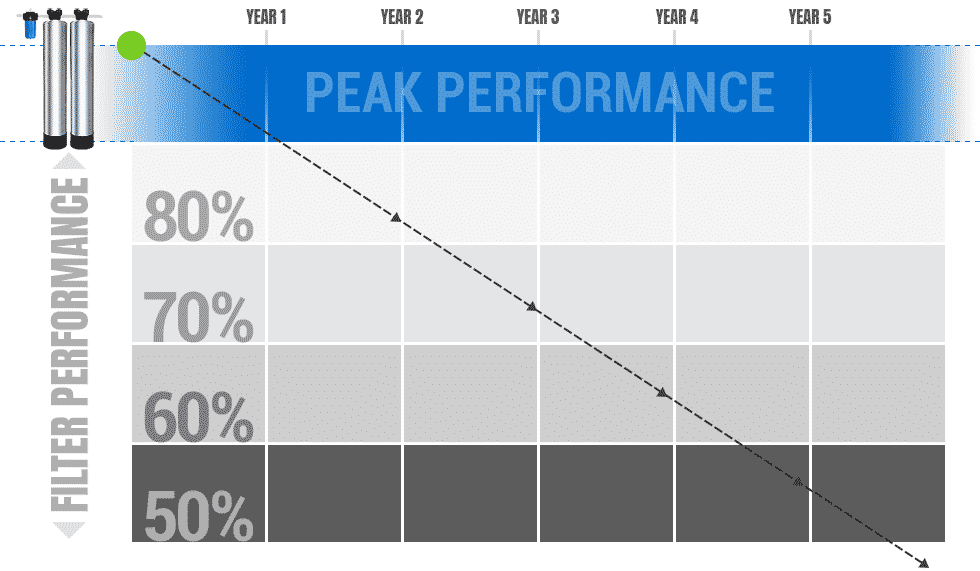Choosing a Healthy Alternative to Chlorinated Water
Water from private companies may contain chlorine or chloramines to disinfect the supply during transmission, but that does not mean they must remain in a home’s drinking water. Technological advances in whole house water filter concepts allow the removal of harmful contaminants and a great improvement in quality. Spring-like water enhances the flavor of coffee, tea, and favorite dishes. In addition, baths become enjoyable without harsh chemicals that dry the skin and leave spots everywhere.
Comparing Chlorine and Chloramines
Federal guidelines limit the amounts of chemicals that water companies use as disinfectants. Unfortunately, chlorine and chloramines, a combination of chlorine with ammonia added, both pose significant health issues. The odor of chloramines does not have the pungency of chlorine, but it presents serious health problems too.
Tracing the Health Effects
Experts point to the influence that chlorinated water can exert on the body, and research shows that exposure has significant links to health. For example, contact with it can cause asthma, dermatitis and produce negative cholesterol readings. In addition, contact with it can affect the blood, digestive/gastric tract, kidneys, and skin. Even worse, studies show that long-term consumption of chlorinated drinking water produced an increase in bladder cancer.
Identifying Impacts on the Skin
The Biotoxin Foundation cites the skin as the body’s first line of defense as an organ with high sensitivity to disease and infection. Chlorinated water produces effects on aging that resemble the sun’s rays. By depleting the natural oils that contain moisture, the chemicals dry the skin and cause it to flake and itch. While the disinfectants may kill bacteria that cause disease, they also destroy helpful bacteria. Doctors note that some bacteria that live on the skin can promote health https://www.nih.gov/news-events/nih-research-matters/bacteria-skin-boost-immune-cell-function by preventing skin infections from getting worse. Chlorinated and chloramines-treated water washes them away, leaving the skin less well protected.
Changing the Taste of Food
Water plays a more critical role in food preparation than one may imagine. The odors of chlorinated water that offend you in the bath can make food even more offensive and less appealing. Washing produce leaves a residue that fruit and vegetables can absorb, changing the flavor significantly. Rice, pasta, beans, and noodles require about twice as much liquid as their volume, and the taste of chemicals can make them unpleasant. A whole house water filter returns the flavor you expect to the dishes you prepare. The absence of chemicals lets nature’s colors remain, an essential quality that helps people select a variety of nutritious food.
Avoiding Unpleasant Side Effects
When chlorinated or chloramines alter the pleasant effects that you expect from a warm bath, flavors and bodily functions, it becomes reasonable to consider an alternative that does not produce undesirable results. A whole house water filter can return routine processes to proper performance.
Changing the Taste of Food
Inhaling vapors and fumes of chloramine and the purer form of the chemical emitted by dishwashers, hot tubs, showers and baths can irritate the respiratory tract. In addition, breathing the fumes can form acids that damage delicate tissue, changing a pleasant hot shower into something that poses potential health issues.
Destroying Digestive Bacteria
Chlorinated water cannot distinguish between harmful bacteria in the digestive tract and the good kind the body needs to perform efficiently. As a disinfectant, it can eliminate harmful bacteria, but it can destroy helpful bacteria internally as it does on the skin.
Preventing Damage to the Eyes
Shower baths may invite the opportunity to face the showerhead full-on, and a high concentration of chlorination can produce red, watery eyes. In addition, a stinging sensation can indicate irritation as it removes the natural film of protection for the eyes.
Protecting Pets
While animals can tolerate chlorinated water though they may not like it any more than you do, creatures that live in water cannot survive exposure to it. Thus, as an indication of its toxicity, the inability of goldfish to live in it may provide an alert about potential harm.
Finding a Better Way
The advanced technology in a whole house water filter offers benefits that replace the disadvantages of drinking water that contains chlorine or chloramines.
Taste
Access to clearer and better-tasting water offers a better way to manage your taps. In addition, when you can eliminate potentially dangerous disinfectants from your supply line, you can have the enjoyment that comes from knowing that you can protect the sanctity of your home with safe practices.
Sediment Removal
Among the objectionable qualities you can avoid with a whole house water filter, sediment and contaminants rank close to disinfectants. With the removal of any elements that change or lessen the quality of what you drink or use for cooking or hygiene, you achieve a desirable supply of drinking water. Baths become more enjoyable with moisture that does not dry the skin or hair, leaving both soft, supple, and young-looking.
Equipment Protection
An added benefit gives you extended use of any appliance that uses water, and most homes have more of them than may seem apparent. Hot water tanks have a particular sensitivity to contaminants that can cause a breakdown and inconvenience when it matters the most.
When you choose an EVO E-3000 Whole House Water Filter and Salt-Free Softener, you make an investment in comfort, convenience, and enjoyment of food properly prepared. Contact our professional customer service team for assistance in finding a better way to control your water quality.


